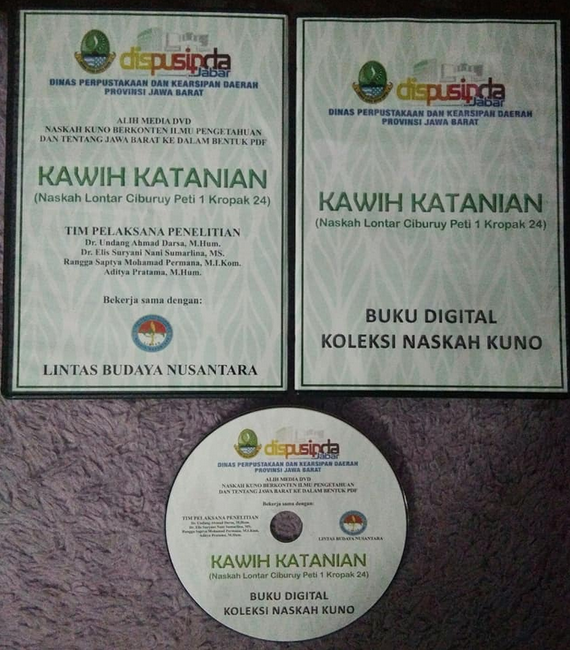

Kawih (from Sanskrit: kāvya) literaly means poem.
Katanian (from word 'tani' with affixes ka-an) means agricultural things. Am I right @siwaratrikalpa ?
ini kawih katanian,
basa méméh turun tahun,
dipilémék ti hanteuna.
this is the poem of agricultur,
at the time before the plantation descended,
it is told before the nothingness,



